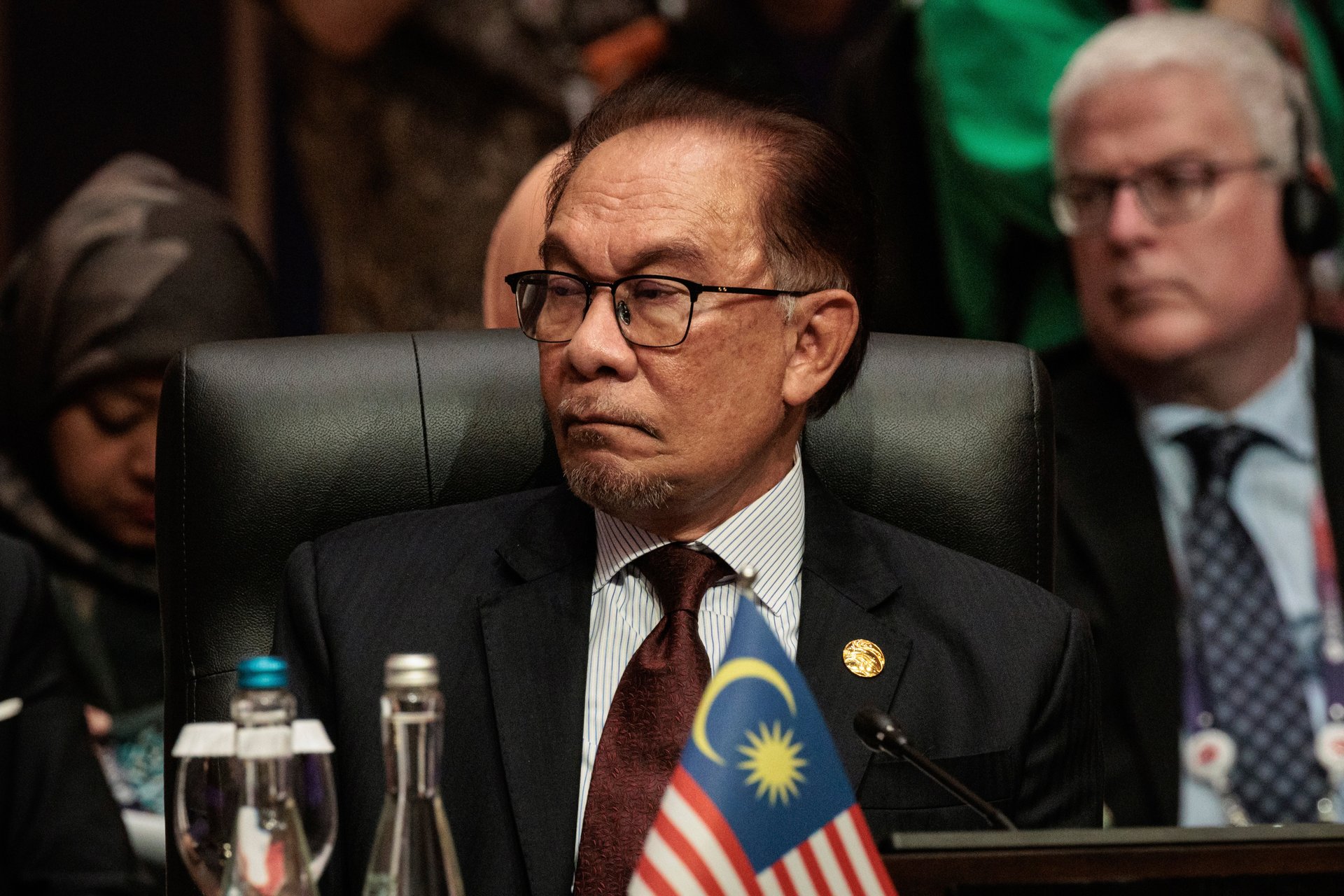Malaysian leader appoints technocrat as second finance minister in Cabinet shuffle
Malaysian Prime Minister Anwar Ibrahim has appointed a technocrat as second finance minister in a Cabinet shuffle aimed at strengthening his administration and winning public trust a year after taking power

KUALA LUMPUR, Malaysia (AP) — Malaysian Prime Minister Anwar Ibrahim appointed a technocrat as second finance minister on Tuesday in a Cabinet shuffle aimed at strengthening his administration and winning public trust a year after taking power.
Suggested Reading
The shuffle was widely expected and expanded the number of portfolios with the appointment of five new ministers. Anwar said the changes were needed to meet current demands and cope with global trends, including the growing impact of artificial intelligence.
Related Content
Anwar, who appointed himself as finance minister after taking office last year, revived the post of second finance minister and named the head of the country's largest pension fund, Amir Hamzah Azizan, to the portfolio in a move that could ease criticism of the prime minister.
While he still heads the Finance Ministry, Anwar said having a professional team will ensure “we are on right track and can focus on the economy."
Several key ministers swapped portfolios. Mohamad Hasan, deputy president of the United Malay National Organization or UMNO party, moved from defense to foreign minister. Deputy Prime Minister Fadillah Yusof shifted from commodities to a newly created energy transition and public utilities portfolio.
Dzulkefly Ahmad made a comeback as health minister, while Gobind Singh Deo, another experienced lawmaker, is the new digital minister, a new portfolio created to improve government outreach on social media. The human resources minister was replaced after a graft case involving his aides.
Anwar said the return of Dzulkefly, a popular former health minister, would help resolve deep-seated issues regarding health care. “His experience is needed. I believe he can offer greater focus in the ministry,” the prime minister said.
Anwar said a 20% pay cut for ministers would be maintained, and he would continue not taking a salary as prime minister. He said the current lineup should remain for the next four years if they perform well.
The Prime Minister's Office said there are now 31 ministers, up from 28 previously, and the total Cabinet size has expanded from 55 to 60.
Anwar, 76, was a long-time opposition leader who clinched victory in last year's general election. Before Anwar, Malaysia had four prime ministers since 2018.
His unity government includes former rival UMNO and several other smaller parties. While it holds a majority in Parliament, it faces a strong Islamic opposition and trust issues with ethnic Malay voters who view his government as too liberal and fear their interests may be sidelined.
Analysts say Anwar faces growing public distrust over an economic slowdown, a weak currency and worsening race relations.